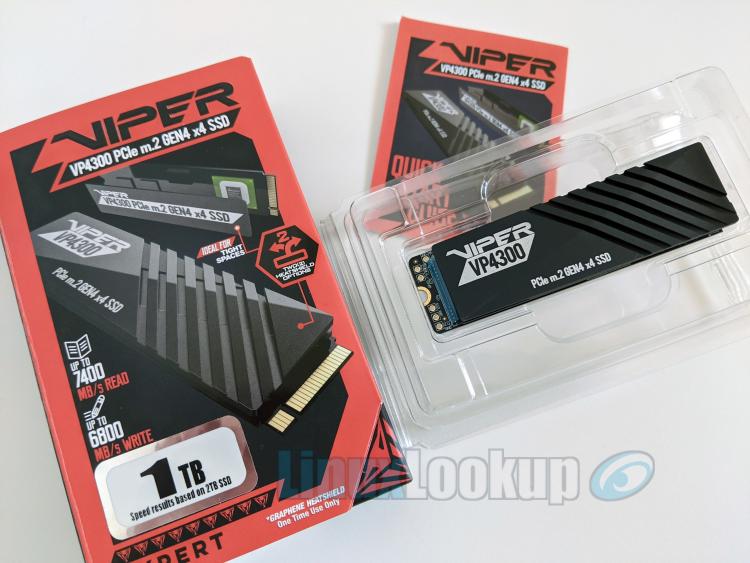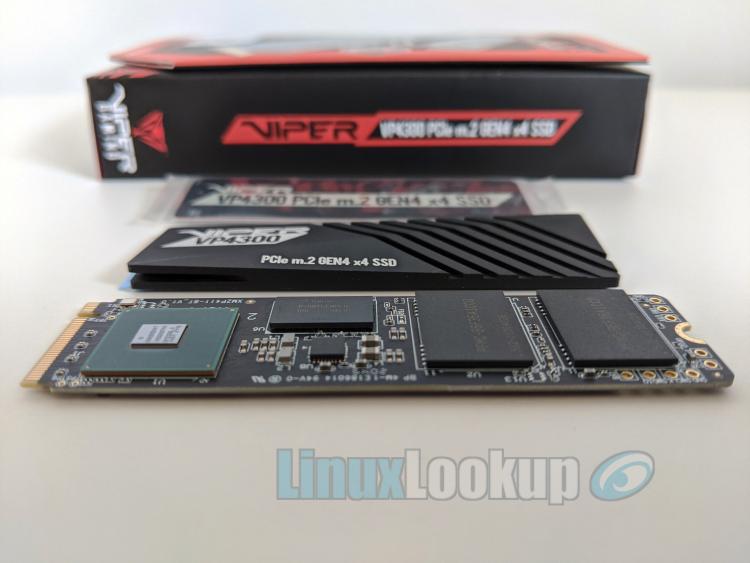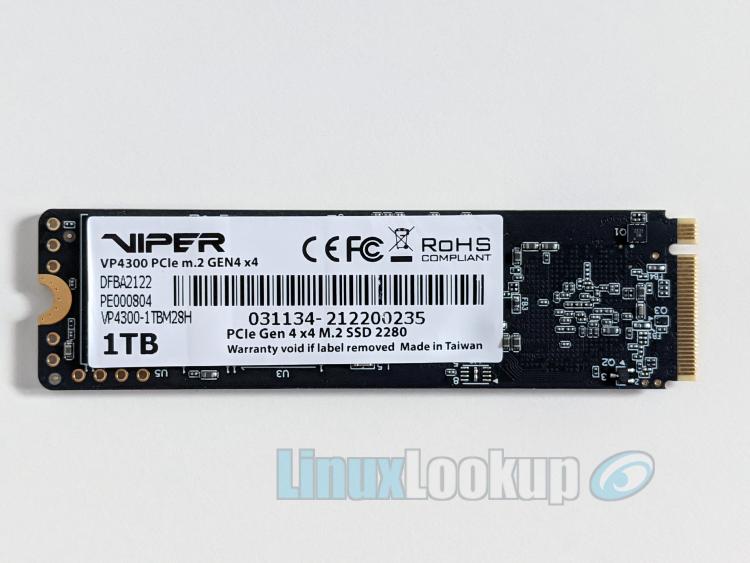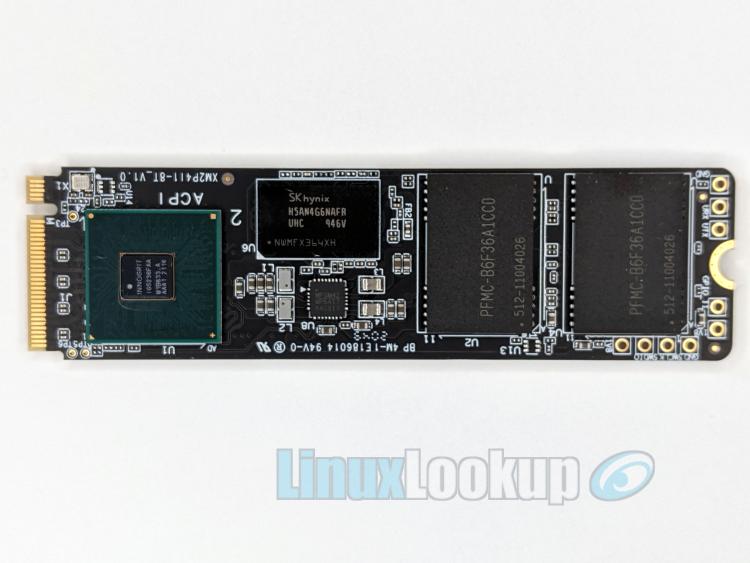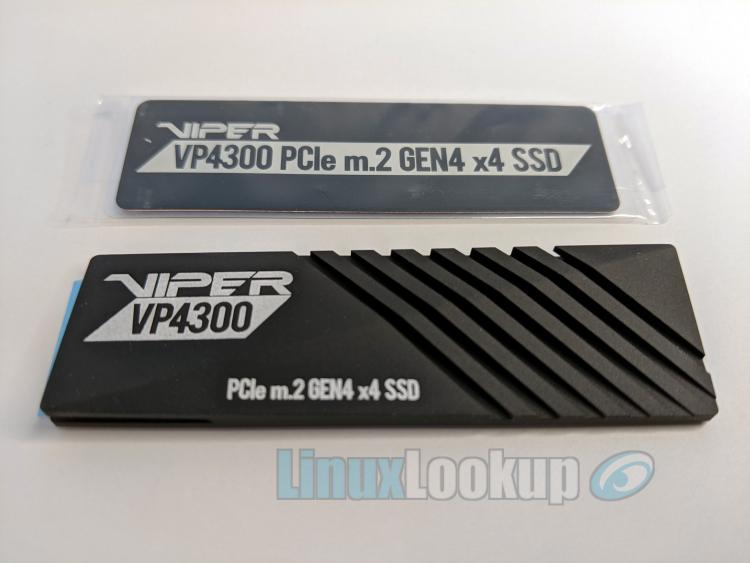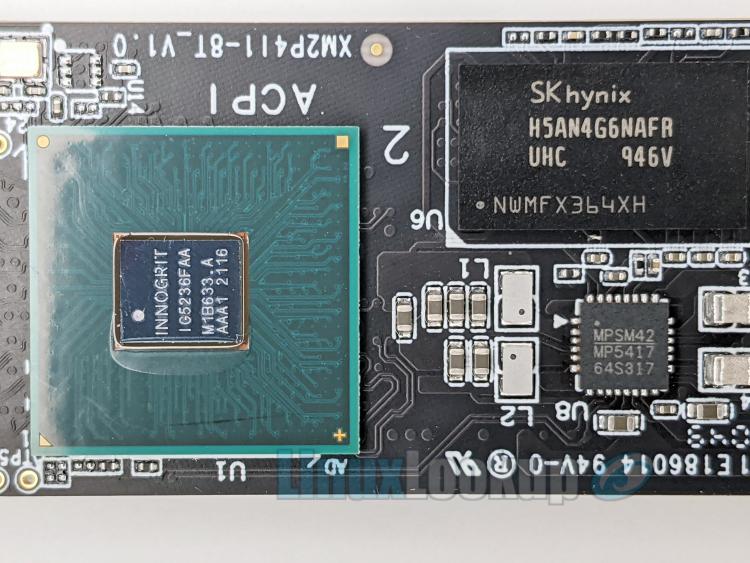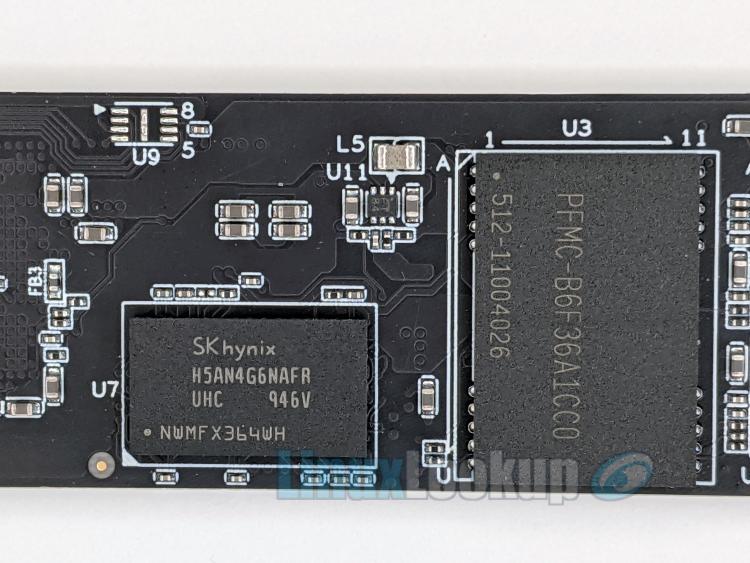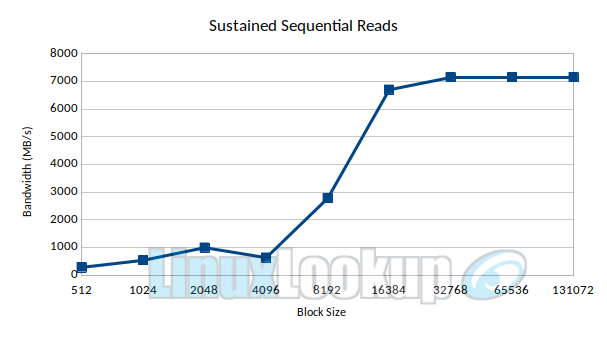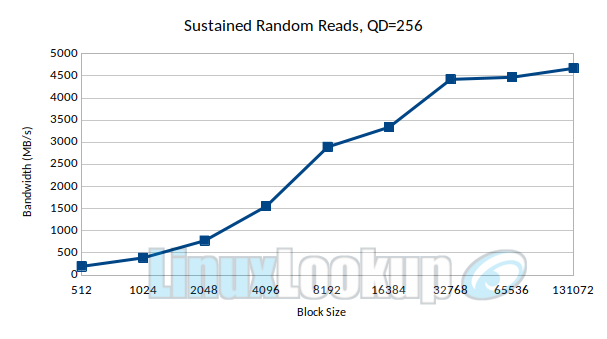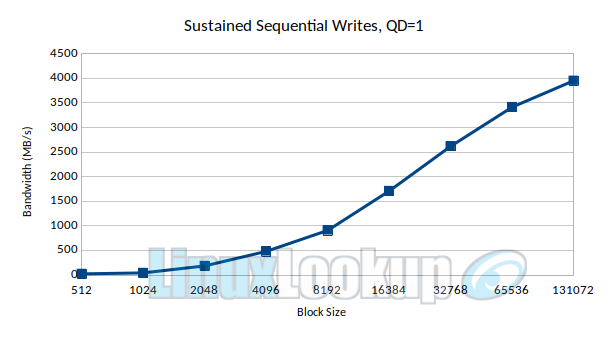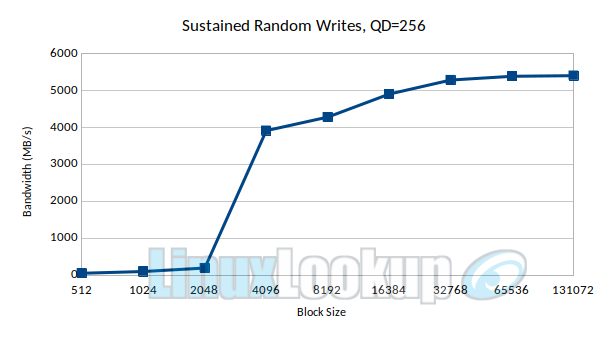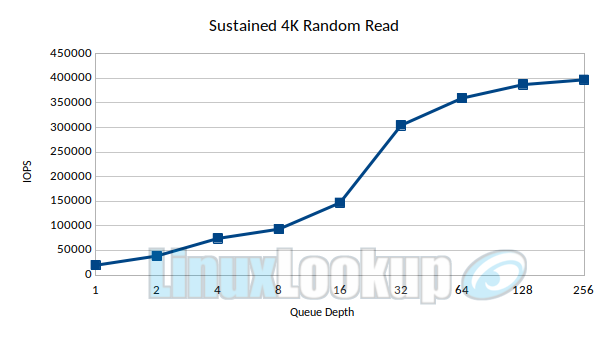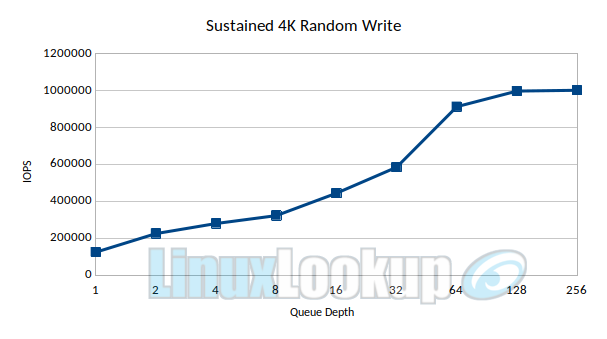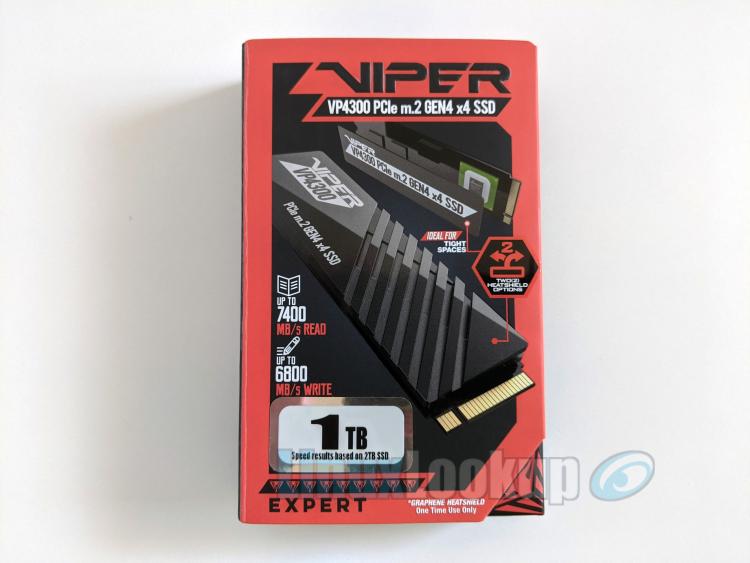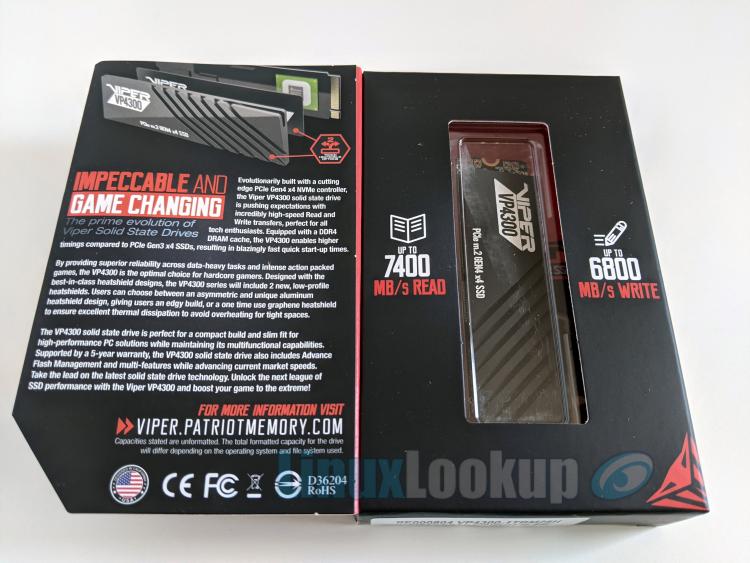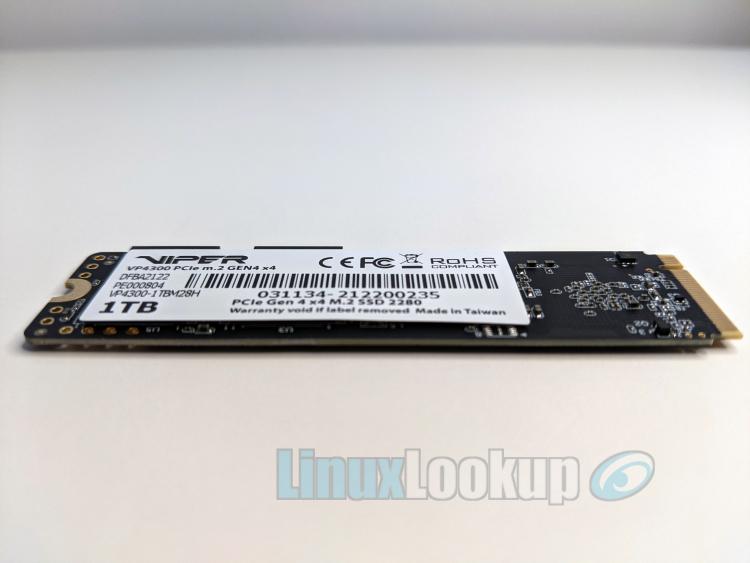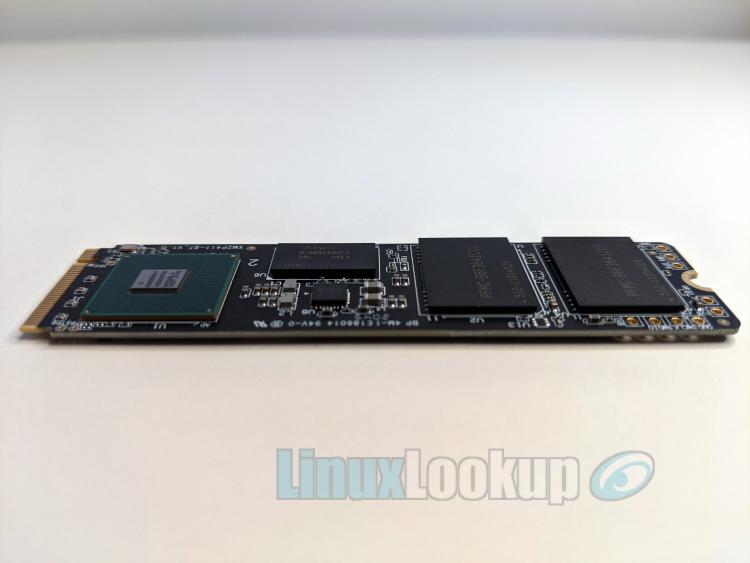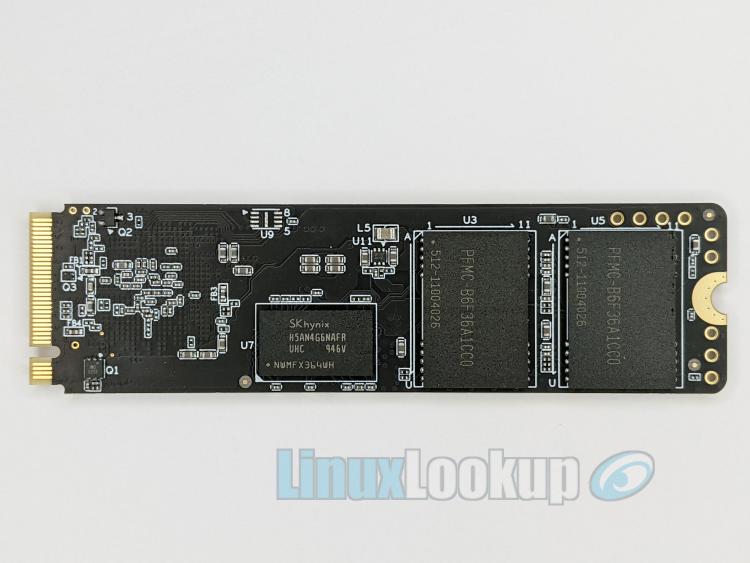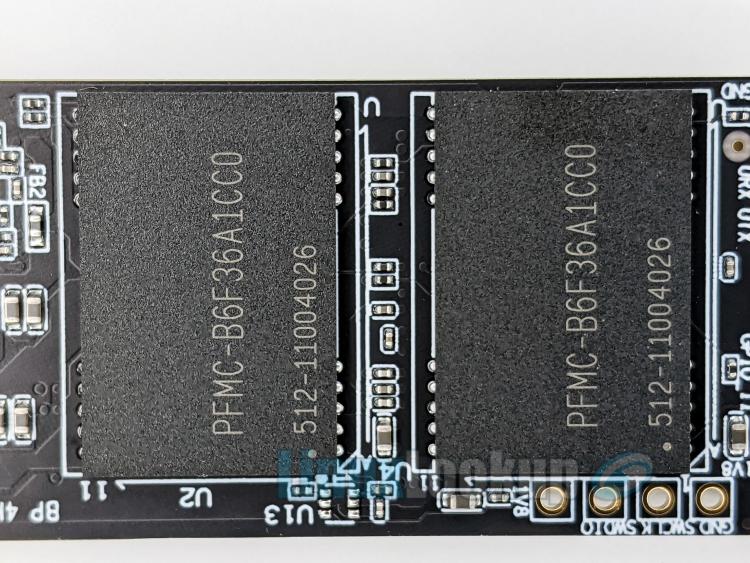Patriot Viper VP4300 1TB NVMe PCIe M.2 SSD Review
The Viper Gaming VP4300 is the latest Solid State Drive (SSD) from Patriot Memory. Featuring a new PCIe Gen4 x4 NVMe controller with some great Read and Write performance figures, this second generation high-speed SSD is now the best enthusiast-grade SSD Patriot has to offer.
The Viper VP4300 SSD is available in just two capacities, either a 1TB or 2TB model — with current online retail pricing at $244.99 and $479.99 respectively.
Performance ratings on the Viper Gaming VP4300 Series vary slightly based on drive model. More specifically, the 1TB capacity model is quoted to deliver a Sequential Write of 5500MB/s, where as the 2TB model offers a faster Sequential Write performance of 6800MB/s.
Regardless of which capacity you choose, both VP4300 models share the same the Sequential Read performance quoted to deliver 7400MB/s, with up to 800,000 IOPS for both Read and Write, in addition to high-performance benefits of Non-Volatile Memory Express (NVMe).
The Viper VP4300 1TB SSD is a double-sided (chips on both sides of the board) M.2 2280 form-factor drive using PCIe Gen 4 x4 NVMe interfacing.
If you're in the market for a high-speed PCIe 4.0 SSD, such as the Viper VP4300, take comfort in knowing that you'll have the latest and greatest that the PCIe standard currently has to offer with Gen 4, including increased data transfer rates, bandwidth, and decreased latency on the PCIe bus. Or at least until we start to seeing PCIe Gen 5 later this year.
NVMe drives tend to have an optimal operating temperature, so cooling the controller will yield more consistent performance and avoid thermal throttling.
That being said, included with the Viper VP4300 are two thermal solutions, an aluminum heatsink and a single use graphene heat shield for installation in tighter spaces such as a notebook. Optionally, if your motherboard has an included M.2 socket heatsink you may choose to use that also, either way, it is good practice to use one of these options.
Patriot's Viper VP4300 1TB SSD is driven by a Rainier IG5236 controller designed by InnoGrit.
According to the InnoGrit Rainier IG5236 data-sheet, this PCIe Gen4 x4, NVMe 1.4 SSD controller is built with the highest-level security with multiple data encryption and protection schemes including AES, SM2/3/4 (China state key), SHA, RSA, ECC, CRC, and end-to-end data protection. Leveraging InnoGrit’s proprietary ECC technology, data endurance and retention are largely enhanced to deliver better reliability and ultra-high performance.
Being of a double-sided design, one side of the Printed Circuit Board (PCB) houses the InnoGrit controller, an SK Hynix H5AN4G6NAFR-UHC 4Gb DDR4 DRAM cache, and two TLC NAND PFMC-B6F36A1CC0 packages.
Flipping the SDD over and peeling back the label exposes a second SK Hynix DDR4 DRAM cache and the additional two TLC NAND packages.
The Viper VP4300 1TB model product sheet doesn't officially list a calculated Life Expectancy or Mean Time To Failure (MTTF). But you may expect 0.548 Drive Writes Per Day (DWPD) or 547.945 Gigabytes written per day (GB/day) for 5 years, which in turn is backed by a limited five-year warranty.
Features
Highlight summary:
- Capable of full hardware-based encryption
- Two optional heatshields included
- 5 year limited warranty
Specifications
- Type: M.2 2280 (double-sided)
- Dimensions: 3.15"(L) x 0.87"(W) x 0.31"(H)
- Flash Controller: InnoGrit Rainier IG5236
- Flash Type: TLC NAND
- Interface: NVMe/PCIe Gen4 x4
- Temperature: Operating 0°C to 70°C
- Acoustics: 0dB
- Mean Time Between Failures (MTBF): Not listed
- Total Bytes Written (TBW): 1000TB
Performance
Performance testing was done under Ubuntu 20.04.2 LTS (Focal Fossa). Factors affecting performance include: Capacity of the drive, interface of the host and overall system performance. Your results may vary.
The Viper VP4300 SSD is capable of full hardware-based encryption. By enabling this feature the built-in controller is used as a compute resource with no performance penalty. However, for SSD benchmarks we leave this feature disabled.
Test System
- Processor: AMD Ryzen 7 5800X Eight-Core @ 3.80GHz (8 Cores / 16 Threads)
- Motherboard: ASUS ROG STRIX X570-F GAMING
- Memory: 64GB DDR4-3600
- OS: Ubuntu 20.04
- Kernel: 5.11.20-051120-generic (x86_64)
- Interface: PCIe Gen4 x4
- SSD Firmware Version: V1.2A
We have revised how our SSD benchmarking is performed and no longer benchmark the drive while in a Fresh-Out-of-Box (FOB) state. FOB typically is how manufactures specify I/O performance in advertising because the drive has yet to endure any sustained workload and initial performance benchmarks from a FOB state will result in uncharacteristically high measurements.
To provide more accurate measurements we precondition the drive to a Steady state before running our benchmarks. Steady state is achieved by issuing a set of random and sequential preconditioning operations. Though this process takes several hours, the benchmark results are more consistent and produce real-world values.
Advertised performance
- Model: VP4300-1TBM28H
- Sequential Read: 7400 MB/s
- Random Read: 800,000 IOPS
- Sequential Write: 5500 MB/s
- Random Write: 800,000 IOPS
Sequential Reads compared to Random Reads with Identical Block Sizes
Sequential Writes compared to Random Writes with Identical Block Sizes
4K Random Read Performance with Varying Queue Depths
4K Random Write Performance with Varying Queue Depth
Timings of device Reads
This measurement is an indication of how fast the drive can sustain sequential data reads under Linux, without any filesystem overhead. Timing buffered disk reads: 18058 MB in 3.00 seconds = 6019.21 MB/sec.
Gallery
Conclusion
The Good - Pros- Performs well under Linux
- Fast sequential read/write speeds
- Leverages a PCIe Gen4 x4 NVMe controller
- Capable of full hardware-based encryption
- Includes an aluminum heatsink & graphene heatshield
- Endurance rating is adequate
- 5 year limited warranty
The Bad - Cons
- Pricing could be a little more competitive
The Ugly - Issues
- N/A
The Verdict - Opinion
The Viper VP4300 1TB PCIe Gen4 x4 NVMe SSD delivers strong performance along with a sufficient endurance rating backed by a five-year warranty — keeping in mind the low-profile aluminum heatsink & graphene heatshield are also included, the premium price point can be expected of such a high-end Solid State Drive.
